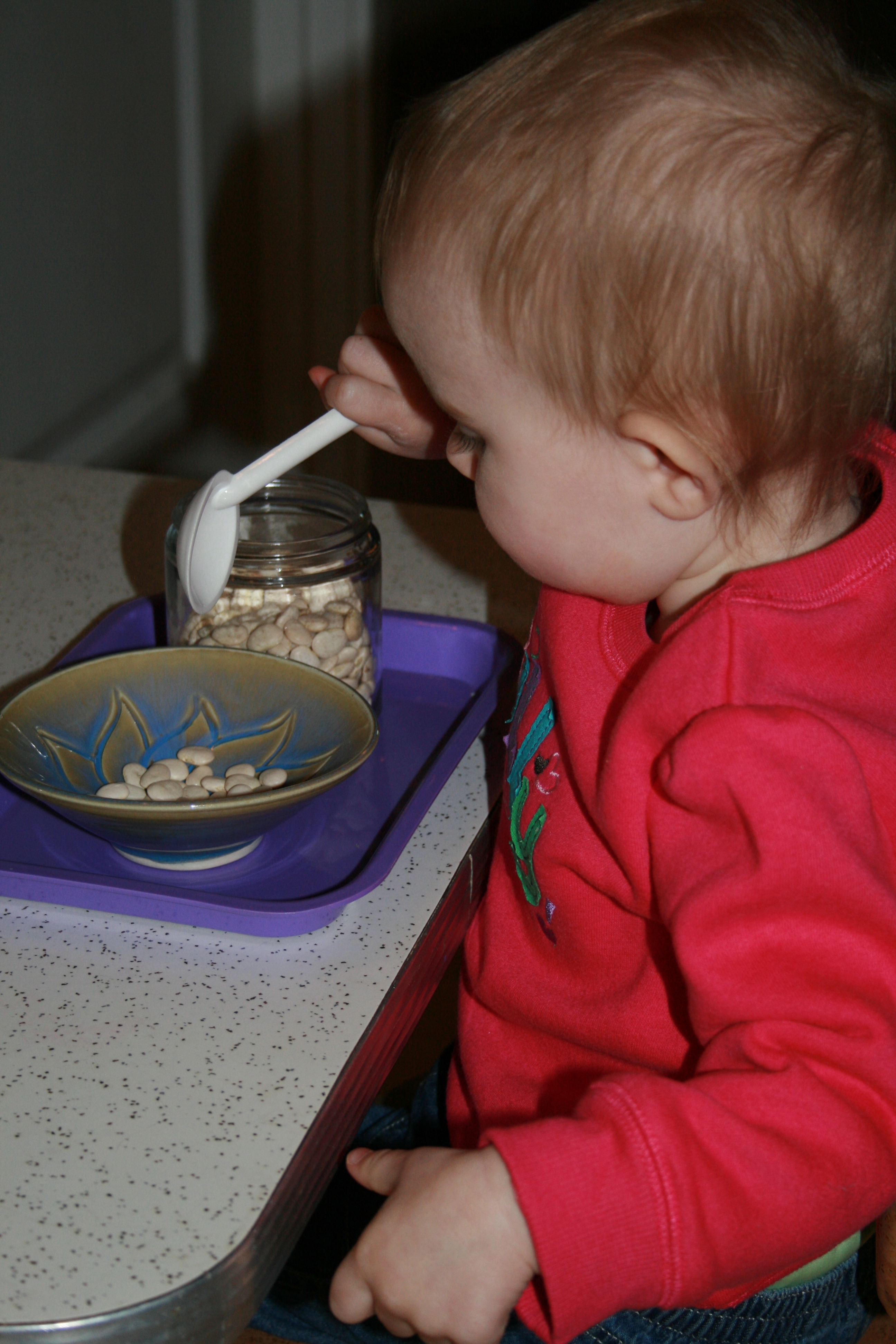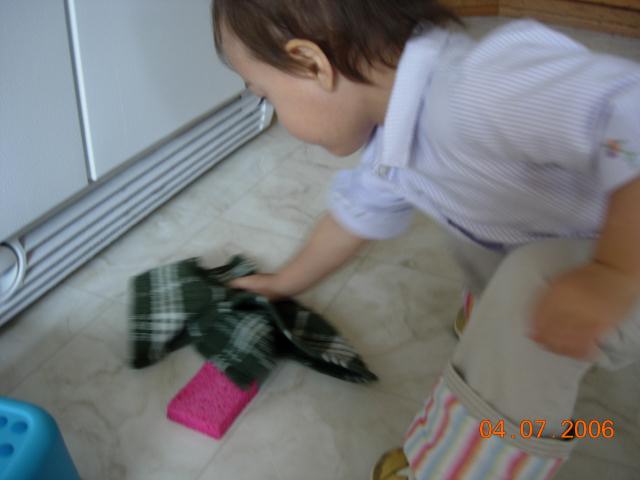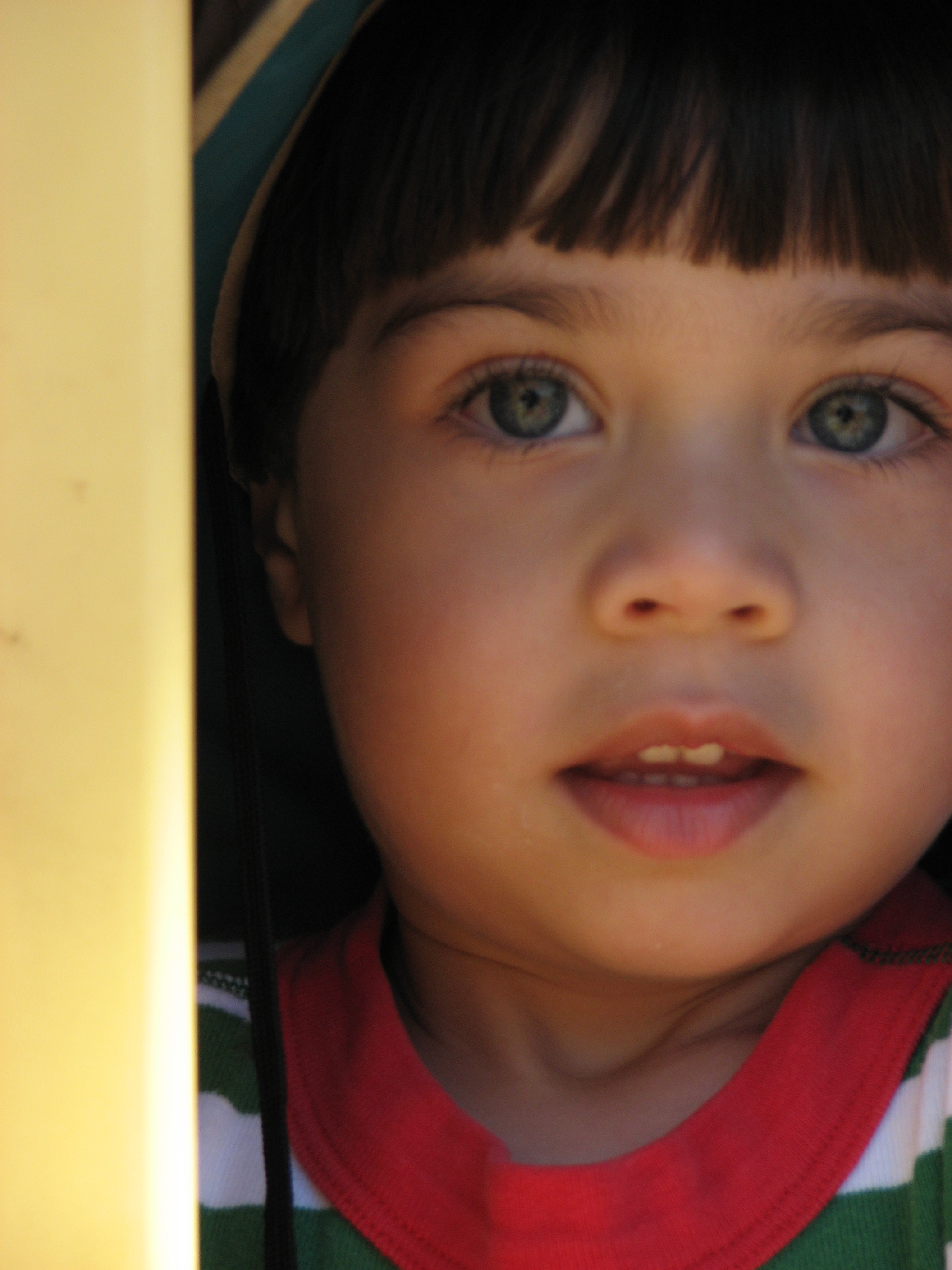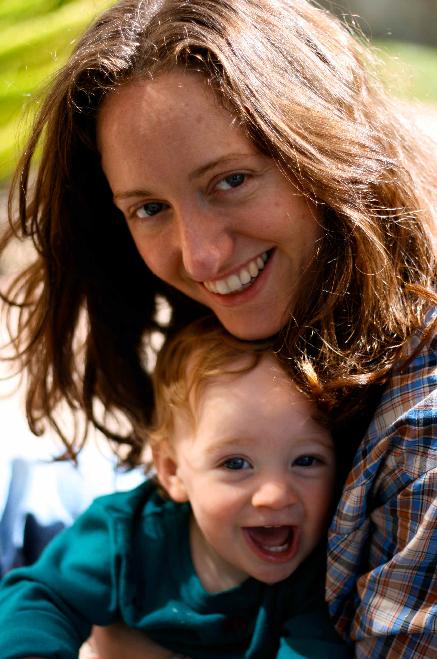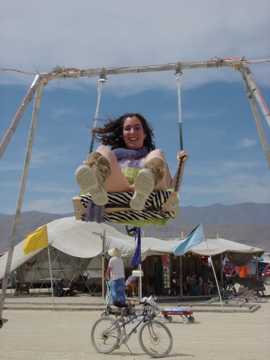Create new exciting activities your kids will love and read a novel for a change!
Remember how you used to love to read for pleasure? You’d spend hours in a well-lit room with a book and at the end of it, you didn’t know a new recipe, have another way to spice things up in the bedroom, or learn how to install blinds. Instead, you had memories of far away landscapes and intimate relationships with imaginary characters
Ahh, the joy of fiction.
But now, you have kids. You don’t have time to read for pleasure– right? WRONG!!! In fact, it’s more important than EVER that you do WHATEVER brings you joy and pleasure.

